Since its debut in 2003, Wicked, released by Universal Pictures and adapted from the classic Broadway musical of the same name, has journeyed from suffering heavy criticism to garnering widespread acclaim. At its premiere, critics were harsh. The New York Times headlined their review: THEATER REVIEW; There’s Trouble In Emerald City. The New Yorker commented, “The show’s twenty-two songs were written by Stephen Schwartz, and not one of them is memorable.” Despite its hefty $14 million production cost, advance ticket sales earned only $9 million. Although it received ten Tony Award nominations in 2004, it ended up winning just three: Best Actress, Best Scenic Design, and Best Costume Design.
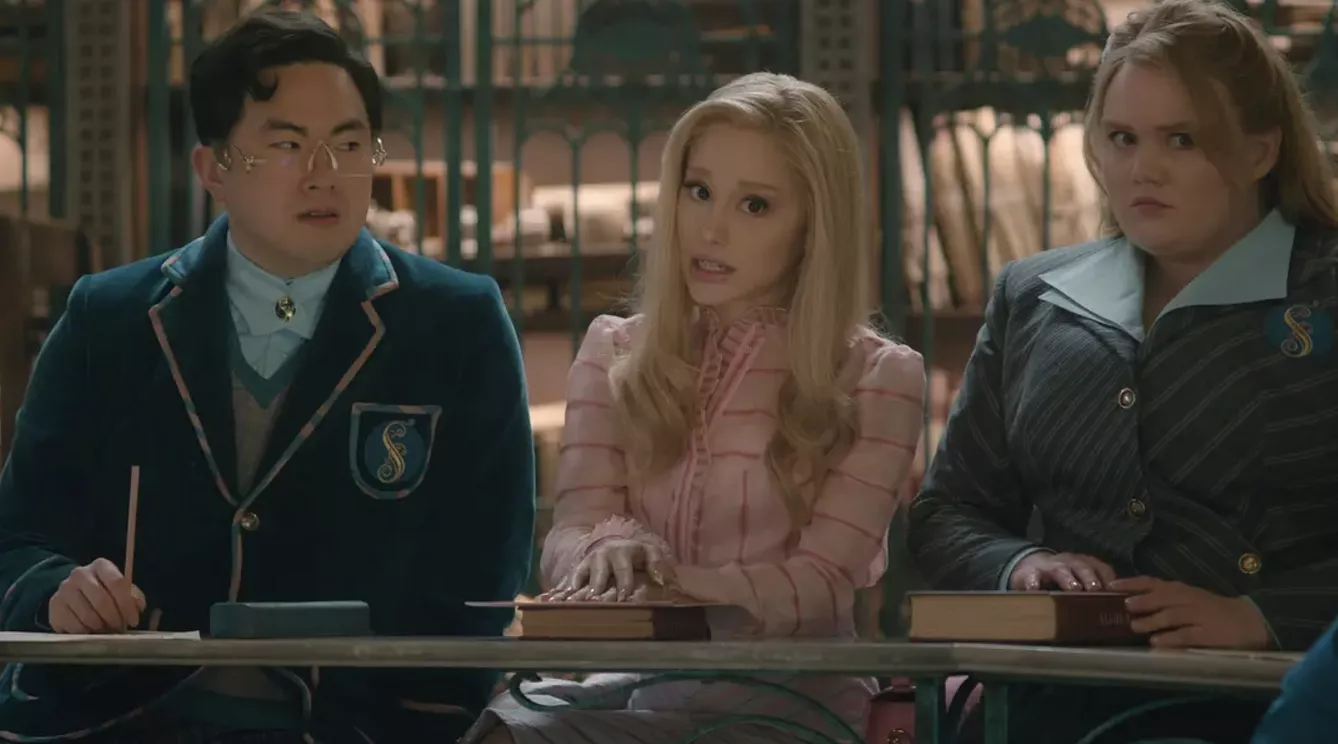
However, over time, this musical has won the hearts of audiences and became a Broadway classic. Two weekends ago, across 3,888 theaters in the United States, the movie Wicked achieved a box office of $114 million, making it the weekend’s box office champion. It also became the third-highest North American weekend opening of the year, just behind Deadpool & Wolverine at $211 million and Inside Out 2 at $154 million.
Additionally, Wicked became the fourth-highest opening weekend for a musical film in history, surpassing Disney’s live-action remake of The Little Mermaid, which earned $95.5 million. It trailed slightly behind Frozen 2, which brought in $130 million. Wicked also surpassed the $31 million opening of the 2014 film adaptation of Into the Woods, setting a new record for the highest North American opening weekend box office for a Broadway musical adaptation.
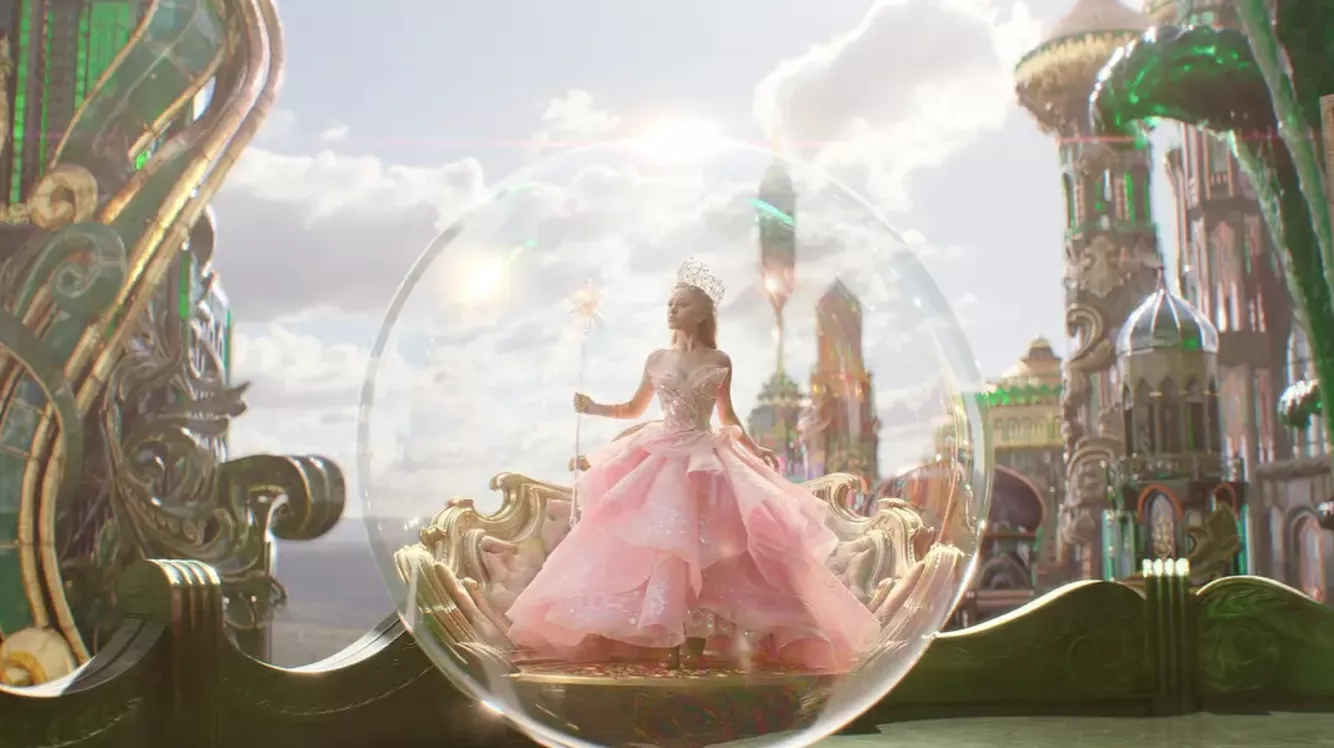
At its core is an enduring theme—good versus evil—as suggested by its title, Wicked.
Wicked overturns our understanding of the classic fairy tale The Wizard of Oz by retelling the story from the antagonist’s perspective. In this version, the line between good and evil blurs, and the characters’ humanity is portrayed in detail. At first glance, the plot might seem clichéd, with heavily stereotyped characters. But as the story unfolds, each character becomes more fleshed-out, revealing many details and surprises that make it feel more real.
The most loveable yet frustrating characters are Glinda(Ariana Grande) and Elphaba(Cynthia Erivo). Their confusion mirrors that of ordinary people, filled with human complexity and contradictions. Glinda appears to be a naive, bubbly girl, but she’s actually very smart, ambitious, and vain. She knows how to use her advantages to get what she wants. In the song “Popular,” she points out that those big shots are just popular, nothing more. She understands social nuances and sometimes seems hypocritical, craving others’ approval and affection. This insecurity suggests she might not have always lived a charmed life; there might be more to her story.
Elphaba’s character feels very real, too. She tries hard to appear strong but is actually emotionally inside. She’s highly capable but lacks opportunities to showcase her talents because she refuses to manipulate power like the Wizard did and, unfortunately, looks “wicked.” The contrast between the songs “Unlimited” and “Limited” is truly heartbreaking. Elphaba has ability but not the corresponding appearance; her emotional intelligence isn’t high, and she’s often misunderstood, with good intentions leading to bad outcomes. Glinda has looks and social skills; she has the qualities to be a leader but lacks real competence, so she’s often insecure. In a way, both characters are quite tragic. Fortunately, they meet each other. They complement one another and find in each other the strengths they lack.
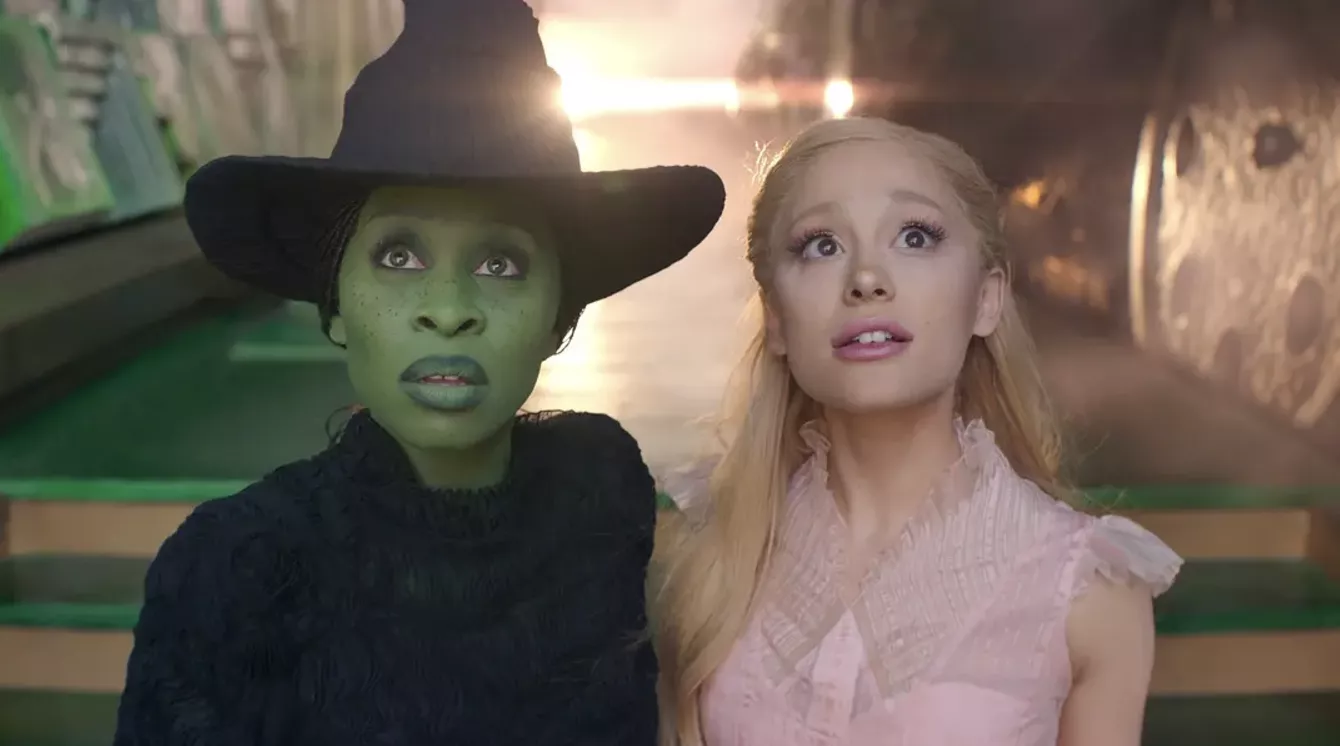
From birth, Elphaba has been discriminated because of her unusual skin color. In the song “The Wizard and I,” she describes her idealized future, longing for acceptance. However, after discovering the Wizard’s true nature, she chooses to stand up for justice and rescues persecuted animals. In “Defying Gravity,” she displays courage and determination, triggering her personal transformation. Yet, Elphaba’s resistance seems to be in vain when facing powerful evil forces. She realizes she cannot change the complexities of human nature and societal corruption.
In the confrontation where the majority crushes the lone individual, Elphaba’s hasty and embarrassing defeat is inevitable. Even with immense supernatural powers, mastering all the spells in the magic book, and exerting all her magic, she ultimately realizes that she cannot understand or control human nature. Elphaba is not like the Wizard, the headmistress, or even Glinda. Despite her sharp edges, cynicism, and passionate righteousness—and even though she feels inferior and repressed—she doesn’t crave fame or power. She’s not intoxicated by vanity and respects herself too much to misuse magic for personal gain. Through her interactions and struggles with reality, from the eagerness to be “unlimited” to the despair of “limited,” her idealism and strict principles are gradually mellowed. She is forced to shed her initial stubbornness and ultimately retreats to a small space with the only person she loves, enduring a painful journey of growth.
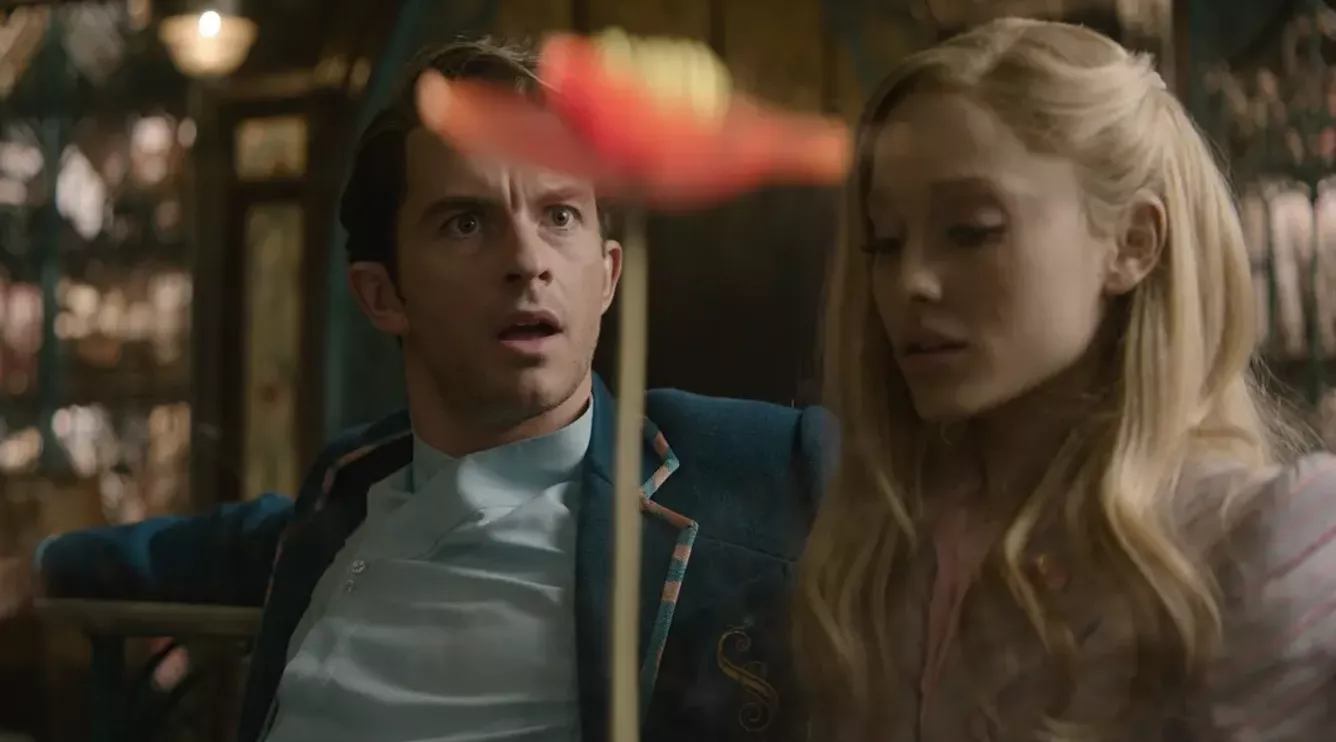
As for Glinda and Elphaba—friends who have fought, opposed each other, fallen out, reconciled, worked in harmony, been close, and yet parted ways—their encounter truly allowed them to “be changed for good.” Amidst the glittering high society and the beautiful future co-created with the Wizard, their original ambitions were lofty, with no overlap in their respective worlds. Yet, by a twist of fate, they learned to appreciate and accept each other’s differences, embracing diverse values, and shaping into their new selves. They embraced ideals while facing reality, and after saying “I hope you’re happy” to each other, they reluctantly turned away, each going their own way. While we often prefer stories with happy endings to compensate for reality, fairy tales don’t always have to be neatly wrapped up. We’ve heard too many perfect stories; it’s okay for them to have a few cracks and flaws after colliding with reality.
I believe the brilliance of this work lies in that it not only vindicates the “Wicked” Witch but also prompts us to reflect deeply on justice and evil. By flipping the traditional narrative, “Wicked” challenges our perceptions of who is truly good or bad. It shows us that stories have multiple sides and that understanding someone’s actions often requires looking into their past and the circumstances that shaped them.
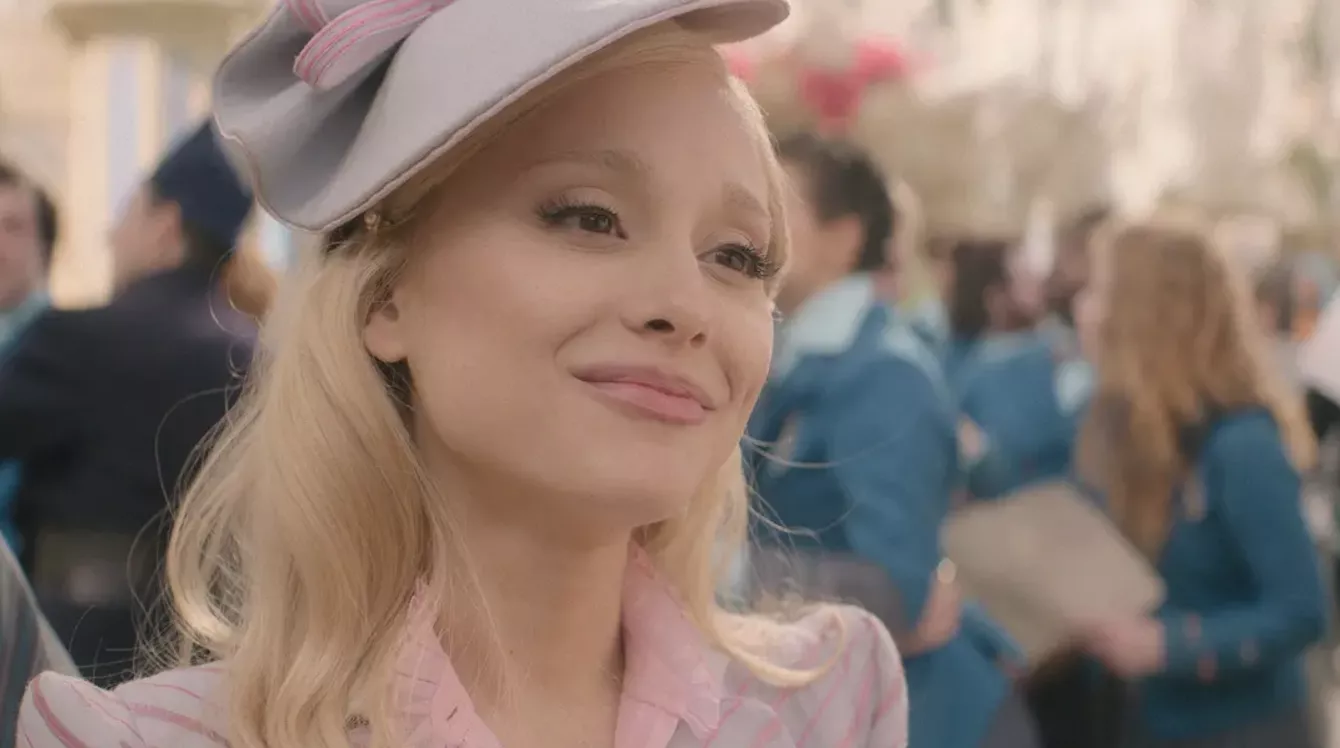
If there were a prequel—or a prequel to the prequel—we might further question: Who is truly the villain? Who is the embodiment of justice? Perhaps we’d find that even those we consider heroes have flaws, and those labeled as villains have virtues. This exploration blurs the lines between right and wrong, urging us to go beyond black-and-white judgments.
The narrative suggests that evil isn’t always inherent but can be a product of misunderstanding, prejudice, or societal failure. It encourages us to empathize with others and consider that our interpretations of justice and villainy are often influenced by incomplete stories or biased perspectives. It’s a reminder that understanding and compassion can lead to a better view of the world, where we recognize that everyone has their own reasons and battles to face. This, I think, is the true magic of the story.







Share your thoughts!
Be the first to start the conversation.